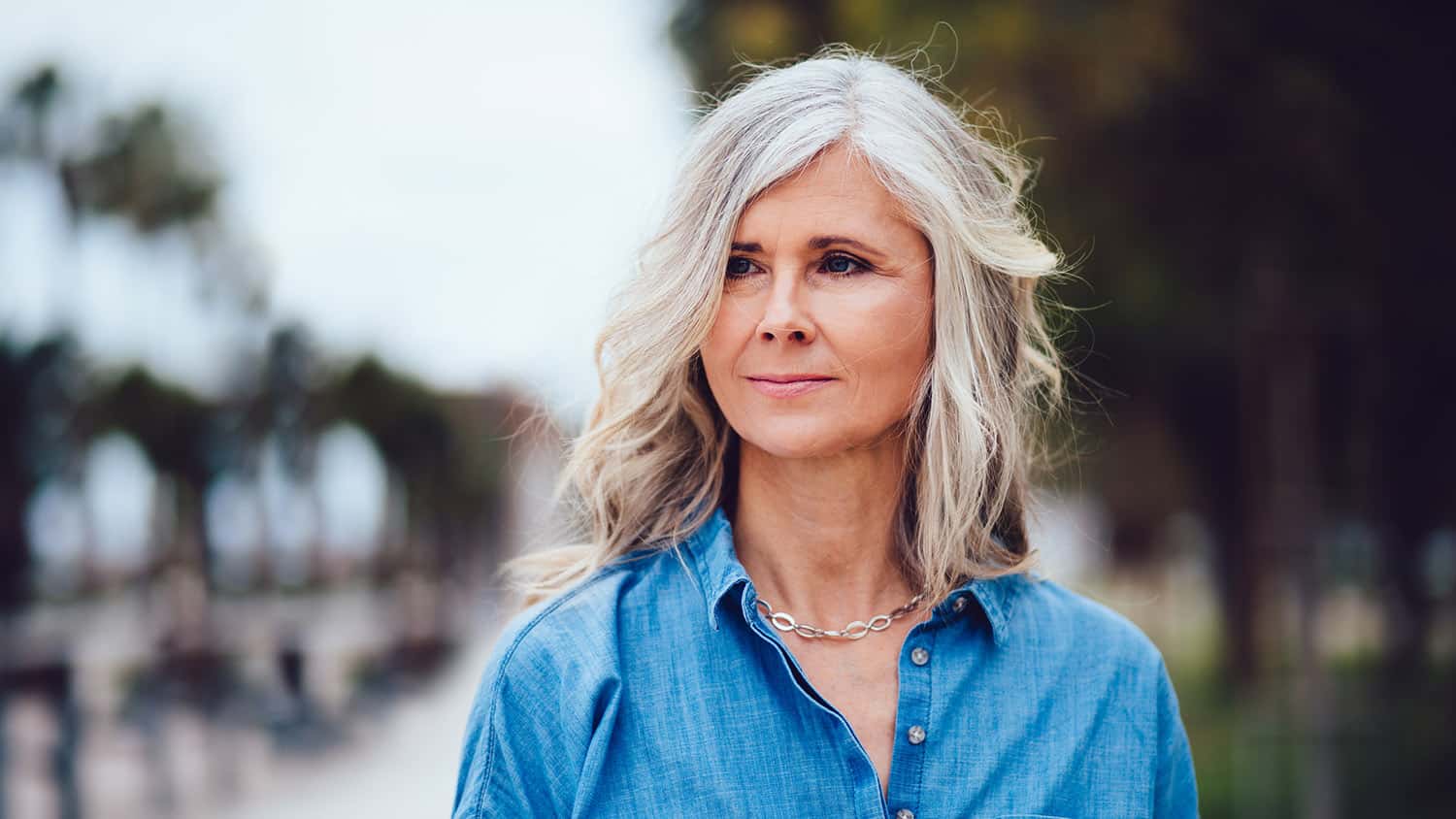
2 Surprising Tips for Minimizing Hair Issues in Your 50s and 60s
Over the decades, our hair, like our skin, suffers a number of issues. I’m not just talking about the trials and tribulations sometimes associated with going grey.
As your hormones fluctuate and eventually disappear, everything from your hair’s thickness to its moisture levels can vary. Your hair may become much thinner, lighter and turn grey, because your hair follicles produce less melanin.
Most people experience some hair loss as they grow older and the rate of hair growth slows as well. Your scalp may become visible, but hopefully your eyesight will have deteriorated, so you don’t notice.
So how do you keep your locks looking thick and healthy as you age?
In Your 50s
The average age of menopause is around 52, and although subtle changes to the hair can and often do occur long before this, menopause speeds up the changes.
As your levels of oestrogen drop and your level of testosterone increases, the length and the diameter to which your hair will grow decreases.
Caring for Thinning Hair
Use a good quality shampoo that is formulated for aging hair or permed/styled hair. If the shampoo is good, you only need to use ½ to 1 teaspoon. Too much shampoo can make your hair dry and frizzy. Use a good conditioner, and only apply it on the hair, not on the scalp.
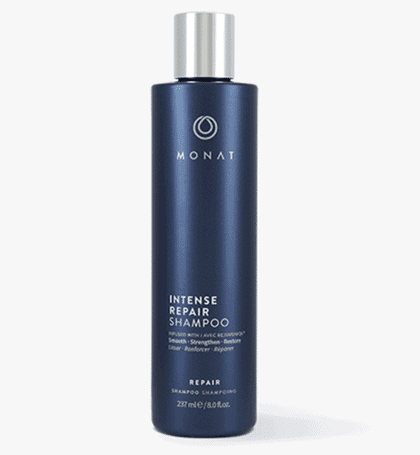
Thinning hair is often finer and therefore weaker, so it is important to take extra care when styling so as not to snap strands. Choose a brush that is cushioned at the base with rounded, plastic prongs.
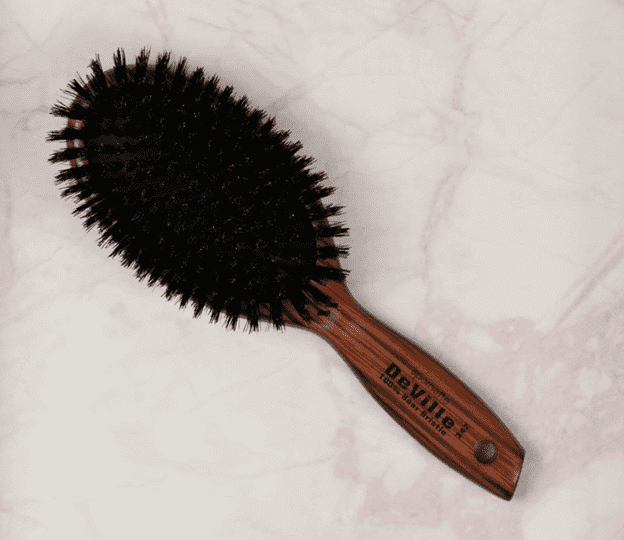
DeVille 100% Boar Cushion Brush
In Your 60s+
When you hit your 60s, and as you move into your 70s, oil (sebum) secretion diminishes. This can make the hair dry and brittle and is the most likely time for thinning hair and hair loss to surface.
Go to your doctor and have your hemoglobin levels checked. These tend to decrease during this time of life, and lowered iron levels can affect hair growth and diameter. Read this excellent article on the benefits of taking iron.
Caring for Your Hair When Iron Levels Are Low
Once a week, use a weekly intensive pre-shampoo conditioning treatment. It will restore moisture, strength and elasticity.
To improve hemoglobin levels, take a daily supplement containing iron and vitamin C or your doctor may prescribe one for you.
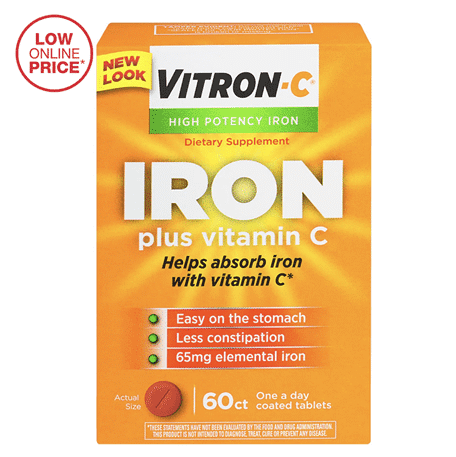
Iron Supplement Plus Vitamin C, Coated Tablets
As many as 60 percent of women over age 70 are affected by hair loss to a greater or lesser extent. Your head has more than 100,000 hairs; every day you lose 50 to 200. They are replaced by new hairs, but the replacement slows and even stops as we age.
Hair loss that accompanies aging is not usually reversible. Proper hair care may help slow the process. Feed your hair every couple of weeks with something like Jojoba Oil or Coconut Oil to condition and smooth the hair from the outside.
A daily hair brushing really does stimulate the circulation in the scalp and gives your hair an instant polish! Use an oval, paddle shaped hair brush with natural or nylon bristles. Neither can hurt, and they will help.
Further read, 6 PRODUCTS TO HELP MAKE YOUR FINE HAIR LOOK FULL AND THICK.
Let’s Have a Conversation:
Do you have hair loss and hair thinning issues? What have you done to try and combat the problem? We would love to know if anything you tried has worked so please share your tips in the comments below.





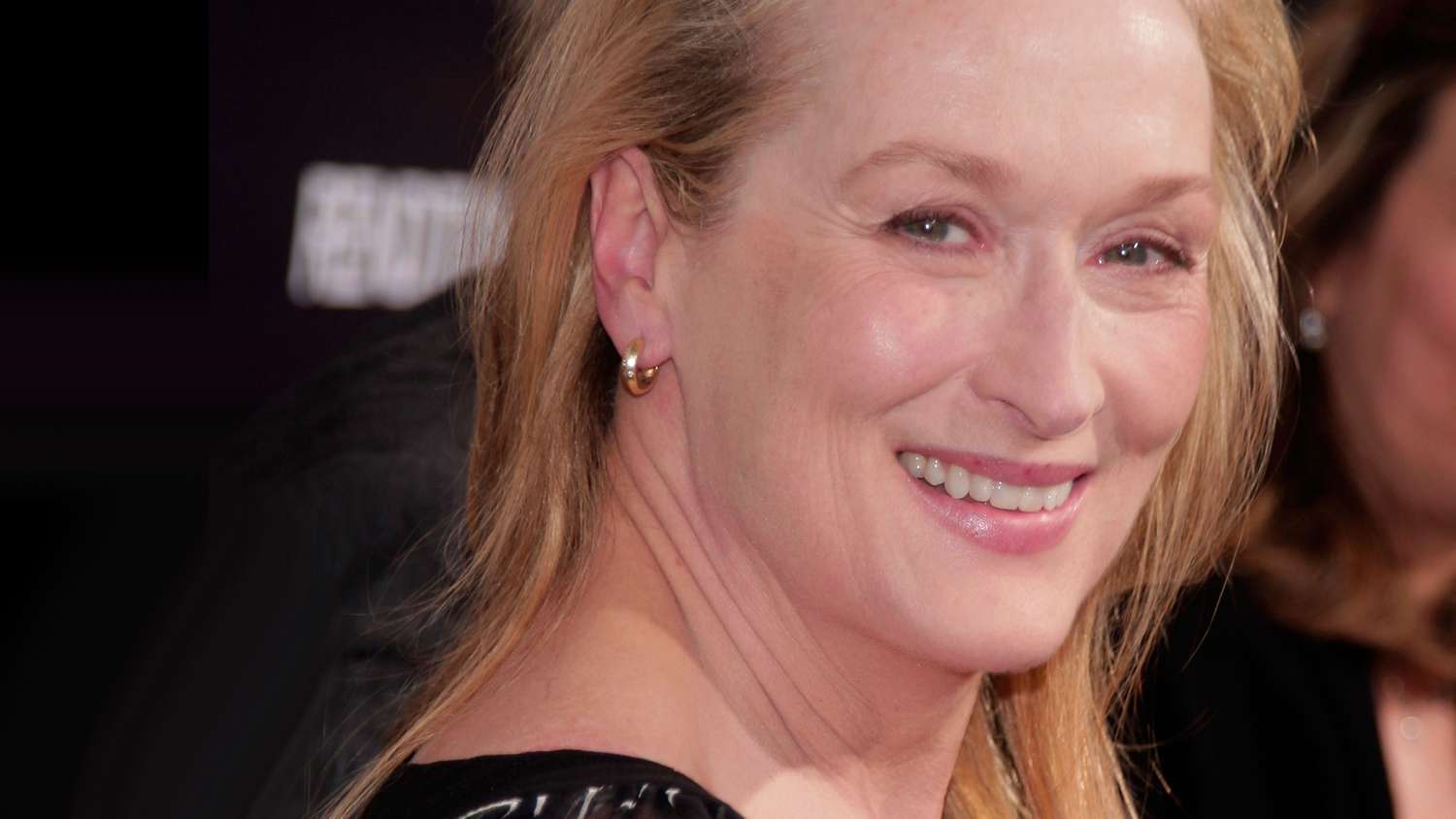
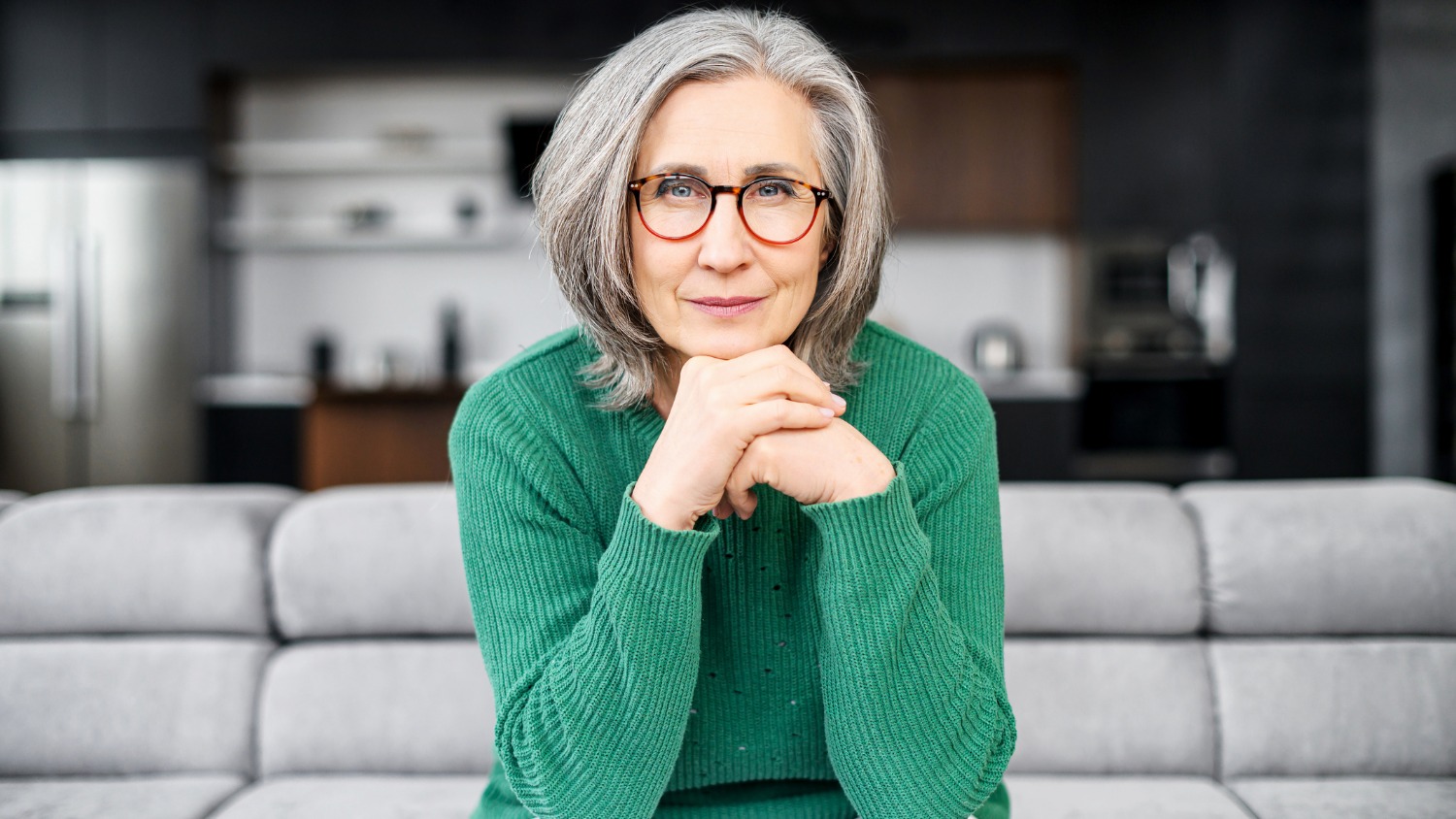
Hello, I was recently diagnosed with alopecia and it was rapidly affecting my hairline and crown. I went to a dermatologist and she prescribed an oral medication that has actually reversed the loss (not Minoxidil). It is not a fast process, but I am happy that my thinning hair is now thick again. She told me that I will be on this medication for the rest of my life. I am grateful that I have no side effects. I may not regain my eyebrows or eyelashes, but I have had significant gains elsewhere.
Will you please share the name of the medication? I am currently on oral Minoxidil and Dutasteride and not seeing much improvement after 2 years
Please, please what is the name of your medication? I have tried minoxidil to minimal effect, many shampoos, had my blood taken by my internist, dermatologist and an endocrinologist who could not help.
Did you ever find out the name of what oral medication they gave Nicole?